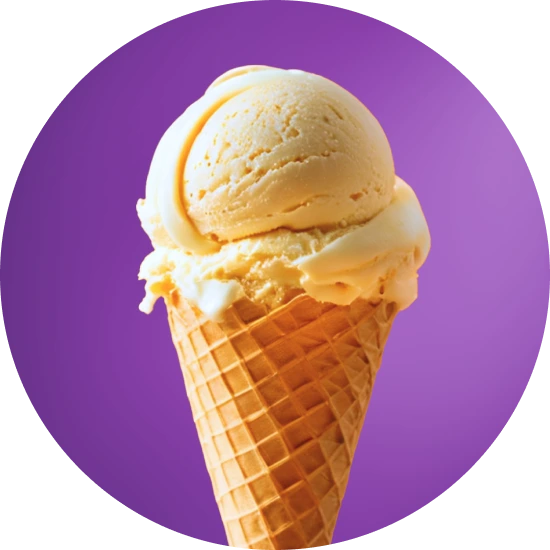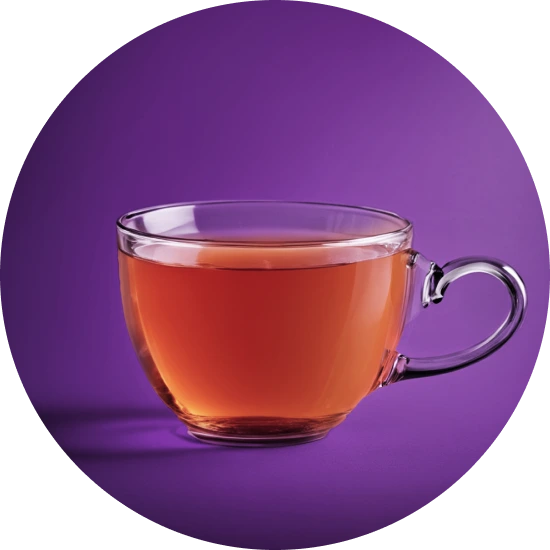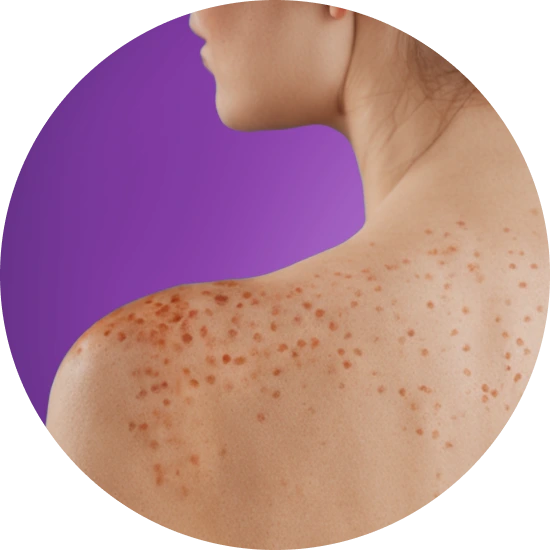Explore the Family Name Soliman
How common is the last name Soliman in the United States?
According to the Popularity table based on the Decennial U.S. Census, the surname Soliman has seen a surge in use over the past decade. In 2000, it ranked 12,716th, but by 2010, it had climbed the ranks to position 10,099, showing an increase in popularity of 20.58 percent. The number of individuals with this surname also rose from 2,230 in 2000 to 3,189 in 2010, marking a significant growth of 43 percent. Therefore, the proportion of people named Soliman per 100,000 increased by 30.12 percent during that period.
| 2000 | 2010 | Change | |
|---|---|---|---|
| Rank | #12,716 | #10,099 | 20.58% |
| Count | 2,230 | 3,189 | 43% |
| Proportion per 100k | 0.83 | 1.08 | 30.12% |
Race and Ethnicity of people with the last name Soliman
The Ethnicity table, also based on the Decennial U.S. Census, provides insights into the ethnic identity of individuals bearing the surname Soliman. While the highest proportion in both years identified as White (60.94 percent in 2000 and 72.28 percent in 2010), there were also significant counts among Asian/Pacific Islander, Hispanic, Black, and those who identified as having two or more races. Notably, the percentage of those identifying as White grew by 18.61 percent between 2000 and 2010. Meanwhile, the percentage of those identifying as Black experienced a substantial increase of 49.33 percent. However, the count of those identifying as belonging to two or more races saw a sharp decline of 77.07 percent.
| 2000 | 2010 | Change | |
|---|---|---|---|
| White | 60.94% | 72.28% | 18.61% |
| Asian/Pacific Islander | 17.35% | 14.71% | -15.22% |
| Hispanic | 4.13% | 5.08% | 23% |
| Black | 3% | 4.48% | 49.33% |
| Two or More Races | 14.35% | 3.29% | -77.07% |
| American Indian and Alaskan Native | 0.22% | 0.16% | -27.27% |
Soliman ancestry composition
23andMe computes an ancestry breakdown for each customer. People may have ancestry from just one population or they may have ancestry from several populations. The most commonly-observed ancestry found in people with the surname Soliman is Egyptian, which comprises 36.1% of all ancestry found in people with the surname. The next two most common ancestries are Coptic Egyptian (25.8%) and Filipino & Austronesian (8.4%). Additional ancestries include British & Irish, Levantine, French & German, Spanish & Portuguese, and Chinese.
Ready to learn more about your ancestry? Get the most comprehensive ancestry breakdown on the market by taking our DNA test. Shop 23andMe
| ANCESTRY BREAKDOWN | COMPOSITION |
|---|---|
| Egyptian | 36.1% |
| Coptic Egyptian | 25.8% |
| Filipino & Austronesian | 8.4% |
| Other | 29.7% |
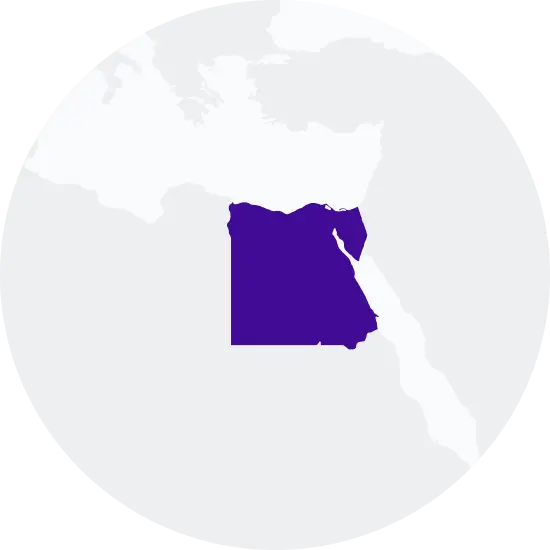
Possible origins of the surname Soliman
Your DNA provides clues about where your recent ancestors may have lived. Having many distant relatives in the same location suggests that you may all share common ancestry there. Locations with many distant relatives can also be places where people have migrated recently, such as large cities. If a large number of individuals who share your surname have distant relatives in a specific area, it could indicate a connection between your surname and that location, stemming from either recent ancestral ties or migration.
Based on 23andMe data, people with last name Soliman have recent ancestry locations in Egypt and the Philippines.
| RECENT ANCESTRY Location | Percentage |
|---|---|
| Cairo Governorate, Egypt | 36.40% |
| Alexandria Governorate, Egypt | 30.90% |
| Assiut Governorate, Egypt | 25.50% |
| Sohag Governorate, Egypt | 24.50% |
| Menia Governorate, Egypt | 23.60% |
What Soliman haplogroups can tell you
Haplogroups are genetic population groups that share a common ancestor on either your paternal or maternal line. These paternal and maternal haplogroups shed light on your genetic ancestry and help tell the story of your family.
The top paternal haplogroup of people with the surname Soliman is J-M304, which is predominantly found among people with European ancestry. Haplogroup J-M304 is descended from haplogroup J-M304. Other common haplogroups include E-M183 and E-M78, which are predominantly found among people with European and European ancestry. Other surnames with similar common haplogroups are: Grosso, Zwick, Nolin, Noack, Niven, Eccleston, Niu, Nishimura, Nisbet, Eckard.
The most common maternal haplogroups of people with Soliman surname are: H, L3, J1. These most commonly trace back to individuals of European ancestry.
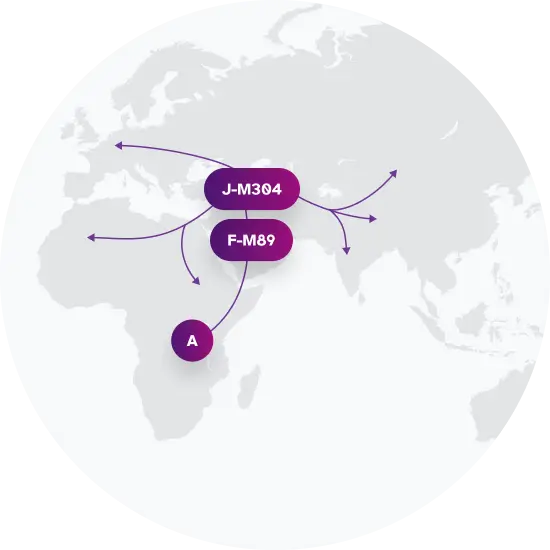 Paternal Haplogroup Origins J-M304
Paternal Haplogroup Origins J-M304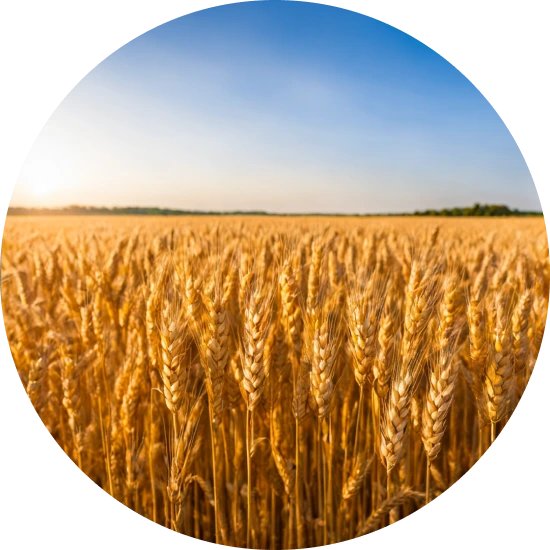
Your paternal lineage may be linked to some of the first farmers
It was in the heart of the Middle East, soon after the Ice Age drew to a close 12,500 years ago, that humans first learned to domesticate cereals and livestock and completely transformed their way of life. They began to live more sedentary lives in closer proximity to one another. With greater resources, cultures in the Fertile Crescent made technological advances more rapidly than ever before. Farming was such a successful strategy that populations boomed, sparking waves of migration into Europe about 8,000 years ago. Men bearing haplogroup J were among the drivers of this innovation, and were also among the first waves to spread the new technology across the continents.
Your maternal lineage may be linked to Marie Antoinette
Because it is so dominant in the general European population, haplogroup H also appears quite frequently in the continent's royal houses. Marie Antoinette, an Austrian Hapsburg who married into the French royal family, inherited the haplogroup from her maternal ancestors. So did Prince Philip, Duke of Edinburgh, whose recorded genealogy traces his female line to Bavaria. Scientists also discovered that famed 16th century astronomer Nicolaus Copernicus traced his maternal lineages to haplogroup H.

What do people with the surname Soliman have in common?
Spoiler alert: it's complicated. People with the same last name are usually no more genetically similar than a randomly sampled group of people from the same population. That said, people with the same surname are more likely to have similar ancestries than randomly sampled individuals. The reason is the tendency of people with similar cultural or geographical backgrounds to preferentially mate with one another. That's why people who share a surname may be more likely to share traits and tendencies in common than people within the general population. Check out the percentages below to see the prevalences of tastes, habits, and traits of people with your surname compared with prevalences among 23andMe users.
Preferences
Traits

Misophonia
When sounds made by others, like the sound of chewing or yawning, provoke strong emotional reactions in an individual.
"Soliman" Surname 47.6%
23andMe Users 27.9%
Habits
Wellness
Are health conditions linked to the last name Soliman?
The short answer is that, if there is an association between surname and health, it's usually more about your ancestry than your name. Individuals with a given surname are no more genetically similar than the general population but often have similar ancestries. The populations of people associated with those shared ancestries often have sets of genetic variations, also known as alleles, in common. Some of those alleles are associated with a greater likelihood of developing certain diseases.
Disease variant frequency by ancestry
Disease allele frequencies in populations associated with the surname Soliman are shown below. Important Note: not everyone with a disease allele will develop these health condition


